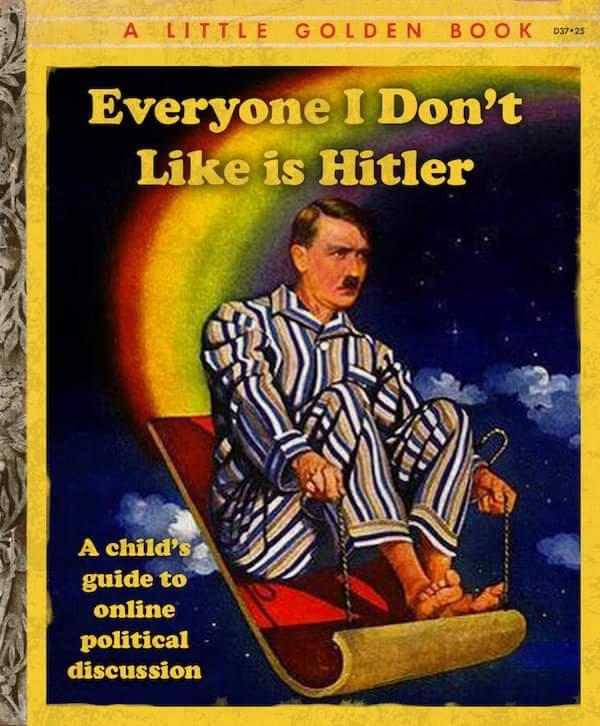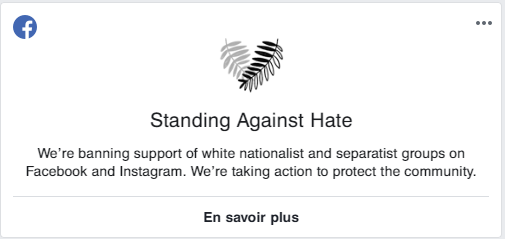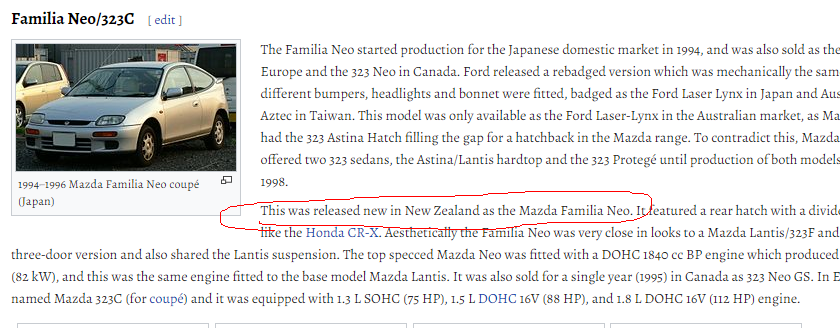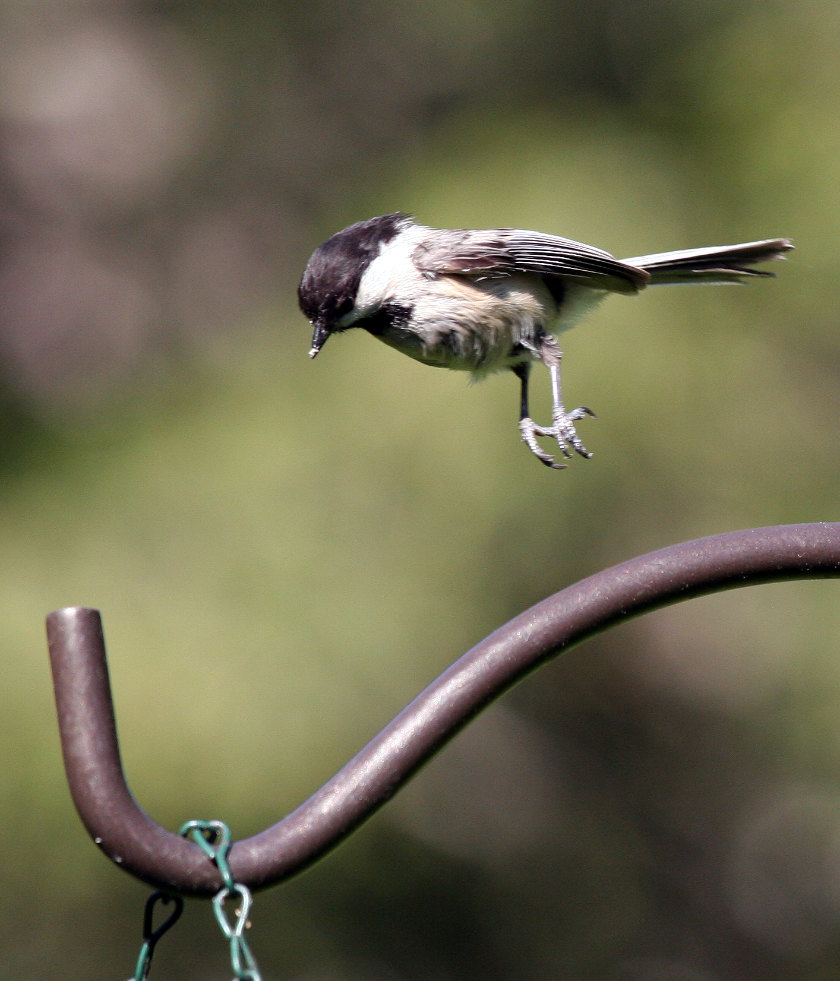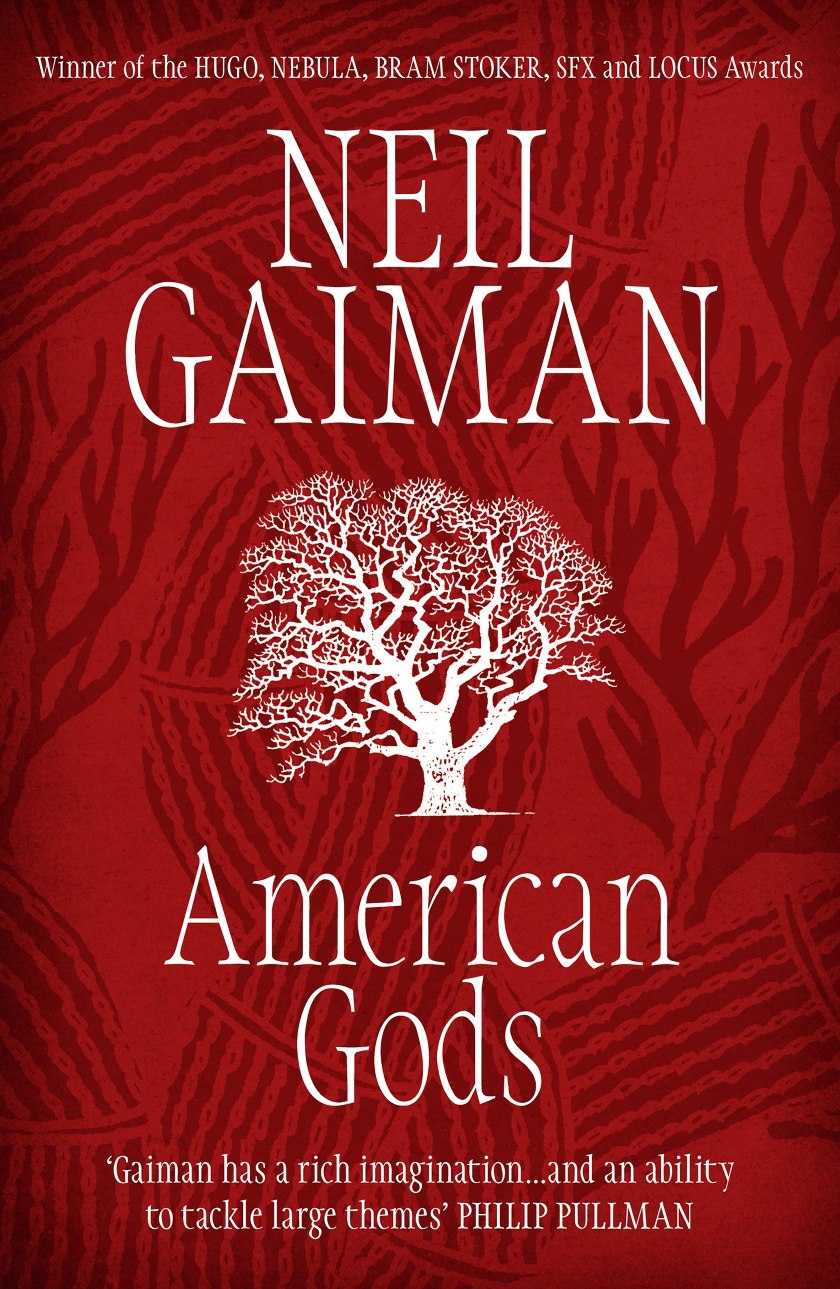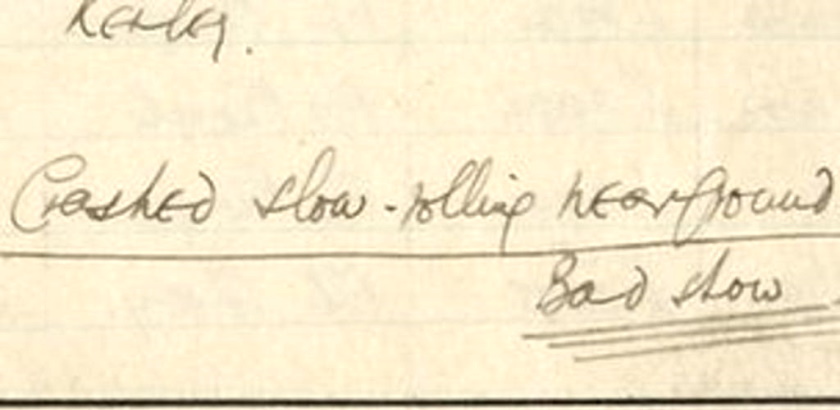
When Douglas Bader recorded in his log book on the aeroplane accident that cost him his legs, he wrote, ‘Bad show’.
It was men like Bader, Audie Murphy, Claire Lee Chennault and Douglas MacArthur that my father spoke of as heroes from his childhood.
There were plenty more from our own culture but I’m using these ones given my largely occidental audience, and Dad really did cite them as well.
None of these men, by the accounts I’ve read, were braggarts. Most were indeed very humble about their contributions to their countries.
But even my late pacifist veteran grandfather (he served, but desperately hated war) would consider these men heroes, as my father did.
I may have blogged at other times about my first years in New Zealand, but I won’t go into depth about it as it would be too much of a digression from the point I want to make.
Perhaps it’s growing up in an immigrant household that what your father tells you a real man should be trumps what you witness at school from your classmates about what they think masculinity is.
And you see your own father display the qualities of what he considered to be gentlemanly. Children are good mimics.
A gentleman, he would say, has the ability to refrain. A lesser man might act out, or strike someone, but that is not a civilized man. Society runs best when people are civilized.
Those ideas of what we call toxic masculinity today were never displayed in my household and are utterly foreign to me—and as an immigrant, ‘foreign’ has two meanings in that sentence. I may be the “foreigner” as far as others (such as certain Australian-owned newspapers) are concerned, even after living here for 43 years, but from your own perspective, you can more easily distance yourself from any undesirable behaviour, saying, ‘That’s not who I am.’
In the early years at my first high school, I may have had some cause to doubt the fatherly advice because what I witnessed was an extreme and intellectually stunted form of hero worship that might was right. That the brute force of the rugby player was true masculinity and if you didn’t have it, then you were a ‘poofter’ or a ‘faggot’. Brag, brag, brag, be it about sports or sexual encounters.
This, as any real rugby player knows, and I have met men who have represented our national side, is a wholly inaccurate perception of who they are.
They will tell you that true men display values of camaraderie, teamwork, quiet achievement, tolerance and decency. No All Black I know talks himself up as anything other than one of the boys who happened to be lucky enough to be chosen.
Indeed, some of the bigger blokes who wound up in the school rugby teams, especially the Polynesian and Māori lads, were generally gentle and protective fellows with strong family values.
Yet that misplaced perception held by immature high school boys, I fear, informs many young men of how they are to conduct themselves in adult life.
They think that being jerks toward women is the norm. ‘Treat ’em mean, keep ’em keen,’ is the familiar refrain.
I’ve had comments over the years of, ‘Why didn’t you make a move on me?’ when I either could not read the signs or felt that forceful “masculine” behaviour was not particularly respectful. As a middle-aged man I wonder if the patriarchy, “just the way things are”, has warped expectations for heterosexual men and women. (I can’t obviously speak for our LGBTQI community.)
However, what I do know is sending intimate pictures of yourself via a dating app or messaging service is disgusting (and, incidentally, has not worked for any man in the history of the planet), and that constant desperation is particularly unappealing.
I remember a female friend showing me the sorts of messages she received from potential suitors on a dating website.
‘Holy crap,’ I said. ‘This is the calibre of men out there?’
And when I talk to my partner today, she tells me that that was par for the course.
But I have a quality relationship because I did listen to my father and behaved in a way that I thought he would approve of. Whatever he taught me wound up being hard-wired in me and I never aped the boys in my first high school. He was right after all, even if it took longer for me to be in a long-term relationship.
No, I don’t have a massive list of “conquests” because it honestly isn’t about quantity and life is too short for empty encounters. And while my behaviour at uni age, and shortly after, wasn’t always exemplary, as I tried to figure out the norms, I’ve also come through this knowing that I didn’t have to lie to any woman, and not a single woman out there will be able to say I did anything physical without her consent.
While I obviously told my other half of my career when we met (‘So what do you do?’), I never mentioned my mayoral bids till our fourth date, a month in to our courtship (she lived out of the country when I ran), and I admitted I didn’t always have an easy time in business during a period of my life, including the recession. I am human, after all. And if one can’t accept me for the bad as well as the good, then is the relationship founded on reality? Or simply fantasy?
We’ve recently had a murder trial here in New Zealand with the accused a young man who is described as a serial liar, and accounts from women he had met were tragic: he would lie about his occupation, bigging himself and his family up, or pretend he had terminal cancer. Enough has been written on this creep.
I had the misfortune to meet another young man who has since been exposed by the Fairfax Press as a con man, who also told constant lies about his life, thinking that talk of personal wealth would impress me and a co-director of one business we have.
Mercifully, the latter case didn’t wind up with anyone physically hurt, and I know plenty of young people who would never behave like this. But it got me wondering whether the core of these cases tells us something about how certain young men feel inadequate, because of a misplaced hero worship of a warped form of masculinity that leaves them as outsiders.
I’m by no means excusing the murderer because he frankly committed a heinous crime, in a premeditated fashion. I remain appalled at the victim-shaming that I saw reported as though the deceased, the one person who couldn’t answer, were on trial. I’m also not excusing the failed con-man who any viewer of Hustle would be able to spot a mile away: his actions, too, were his own. But I am pointing at society and how we men have shaped expectations.
For I look at some male behaviour and they are entirely at odds with what a man should be.
While examples like Douglas Bader might not resonate with young men today, because his example is too far back in history for them (the biopic is in black and white), surely we can find ones of humble men who accomplish great deeds and don’t have to go on social media to talk themselves up.
Just tonight I was at a dinner for Merrill Fernando, the 89-year-old founder of Dilmah Tea, who was earlier today conferred an honorary doctorate by Massey University.
When I asked if he was now Dr Fernando, he replied that he would still be Merrill Fernando, and that all the honours he had received—and they are plentiful—would never change who he was. His humility and his faith continue to inspire me.
This is the mark of a decent and admirable man.
And surely we can find examples where men aren’t being disrespectful to women and show us that that is the norm.
Surely we don’t need to berate anyone who doesn’t fit the trogoldyte mould and use homophobic slurs against them.
Because, chaps, I don’t believe what defines a man, a real man, a fair dinkum bloke, has actually changed, at its core, from what my Dad told me.
There is room for the jocks, the geeks, the musos, the artists, the romantics, the extroverts and introverts, because we all have our strengths.
One female friend of mine tells me that it’s safer for her to presume all men are jerks as her default position till proved otherwise, and I know fully why she would take that position. On social media she points to the ‘bros’, men who’ll gang up on women because they don’t like them for calling it as it is, or having a different viewpoint. In real life she has had unwanted attention, even after she tells them she’s queer.
These men, the bros, the braggarts, the dick-pic senders, the liars, the bullies, the slanderers, are actually trying to change the definition of what a real man is—and that, to me, seems to be non-masculine, insecure and inadequate. We can do better—and history shows that we had done once.
